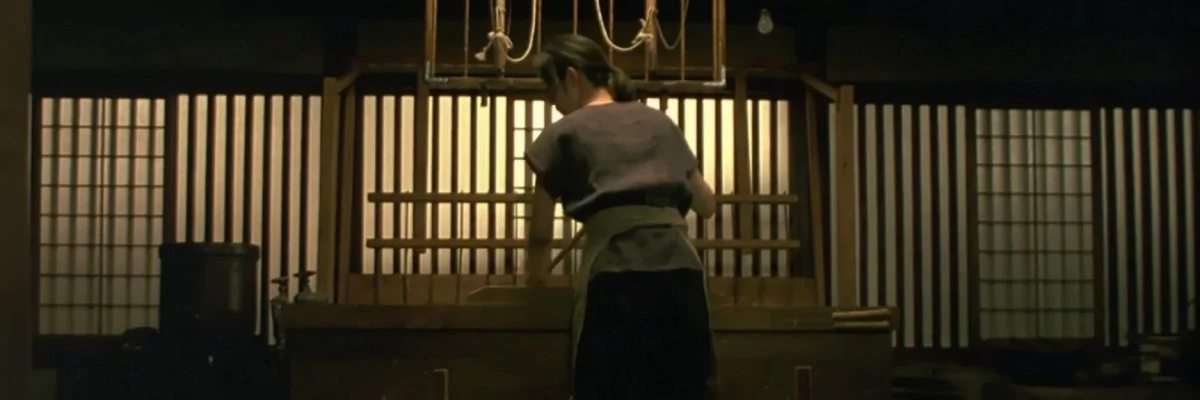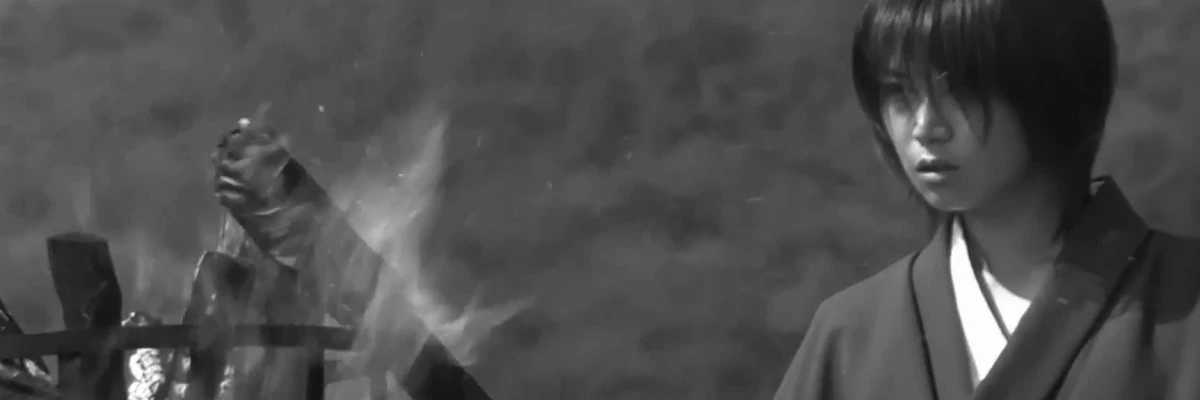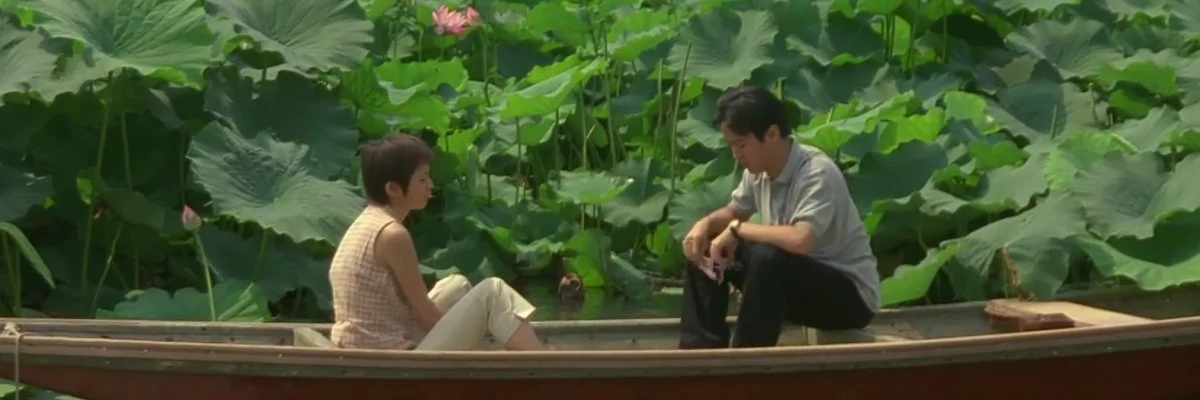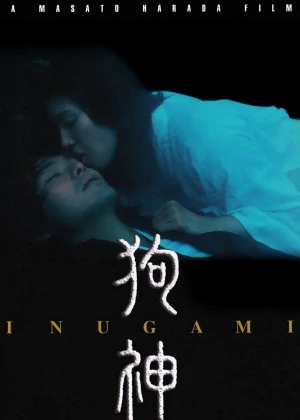Inugami
Masato Harada is one of Japan's lesser known diamonds in the rough. A very capable director who is able to combine a moderately cult-like aesthetic with more serious subjects. Like many of his contemporaries, he got some international exposure during the early 00s, but nothing that would prove to be sustainable. Inugami is one of his films that made it on DVD over here, an incredibly random release that failed to make a splash, but those lucky enough to get their hands on it were able to discover a mysterious and genre-defying film. It's been years since I last watched it though, so I was eager to revisit it.

Inugami is a film that belongs to a very particular Japanese niche, dealing with rural traditions and presenting them in a slightly fantastical manner. Think of films like Oguri's The Buried Forest, Tsuta's The Tale of Iya and Sugimori's Woman of Water. Japan may be known as a nation where tradition and futurism go hand in hand, but even there, secluded mountain villages with strong historic roots seem to conjure up some kind of ancient, mystic atmosphere. Inugami makes excellent use of that sentiment.
Of all the things you can make films about, Harada picks the traditional papermaking business, which he translates to the screen in a very tactile and overtly sensual way. Small and delicate gestures, natural rhythms and intense personal care stand in grave contrast with the bland and industrial way of papermaking found in factories. Harada blends this traditional labor with some local mountain folklore, namely the curse of the Inugami, a wild dog spirit that is said to roam the mountains and has cursed a family of local papermakers.
Akira is a teacher from Tokyo who found a job in a remote mountain village. When he's given a tour of the town, Akira is particularly intrigued by Miki, a local papermaker who still does things the traditional way. She lives up in the mountains and doesn't have too much contact with the locals. Miki is also pretty taken with Akira, but she's somewhat of a recluse and isn't willing to turn her life upside down for him. When one day Akira loses his way around the mountains and ends up at her house, the tension between the two rises and it's clear that they can't keep on denying their feelings for each other.

Move away from the cities and you'll find Japan still has places of great natural beauty. The mountainous area where Inugami is set feels almost like another country. Harada makes excellent us of this setting and inevitably ends up with a lively green/brown color palette. The camera work is less sleek and formal than you might expect though. Harada keeps the camera very close to its subjects, goes for a more agile and dynamic approach and doesn't stray away from using filters, overlaps and even some hyper editing. It's a bold mix of styles, but it helps to define the film.
The soundtrack is very much in line with the cinematography. Together they add a tactile cloak of mystery that becomes an indispensable asset. The music itself alternates between slightly ethereal and darkly mysterious, adding a lot of atmosphere to the film. Even so, I felt it was the heightened use of sound effects that made the biggest impact. The light rustles of the wind blowing through the trees, the way the water sloshes when making the paper, the light crackles of the paper itself. Harada balances everything to perfection and creates an elusive world where anything seems possible.
Performances are pretty solid, namely the lead actors leave a positive impression. Yûki Amami and Atsuro Watabe may not be the most prestigious actors in Japan, but they do an excellent job here. The chemistry between the two feels genuine, which helps to drive the dramatic plot lines later on. They did get quite a bit of backing from the director, even so, you still have to deliver as an actor. The secondary cast is decent, though not really all that memorable or remarkable.

Inugami is not an easy film to categorize, mainly because Harada traverses quite a few different genres and moods on his way to the finale. The film starts off quite mysterious, becomes pretty sensual halfway through, only to take a short detour into horror while landing into darker, more dramatic territory during the finale. It's actually quite an accomplishment that Harada succeeds in keeping the tone of the film quite consistent, because it never feels like you're watching a bunch of different films strung together. Even so, people expecting a tighter genre experience may feel a bit overwhelmed.
It's not a big surprise that Harada's Inugami didn't survive in people's collective memory, it's a relatively small film that prefers to do things its own way. But that doesn't mean there's no value in it, and people looking for interesting, off-kilter Japanese films would be smart to seek it out. Inugami offers a unique trip through Japanese folklore, serving rural mysticism and respect for tradition with fine cinematography, a beautiful score and solid performances. It's a neat introduction into the work of Masato Harada, hopefully someday he'll get the respect he's due.
